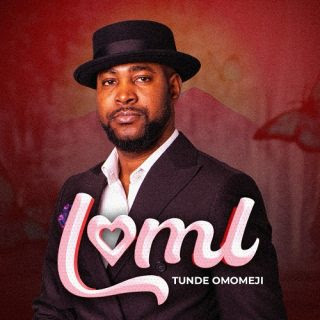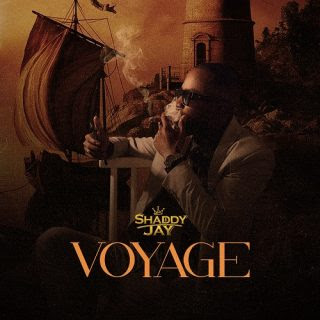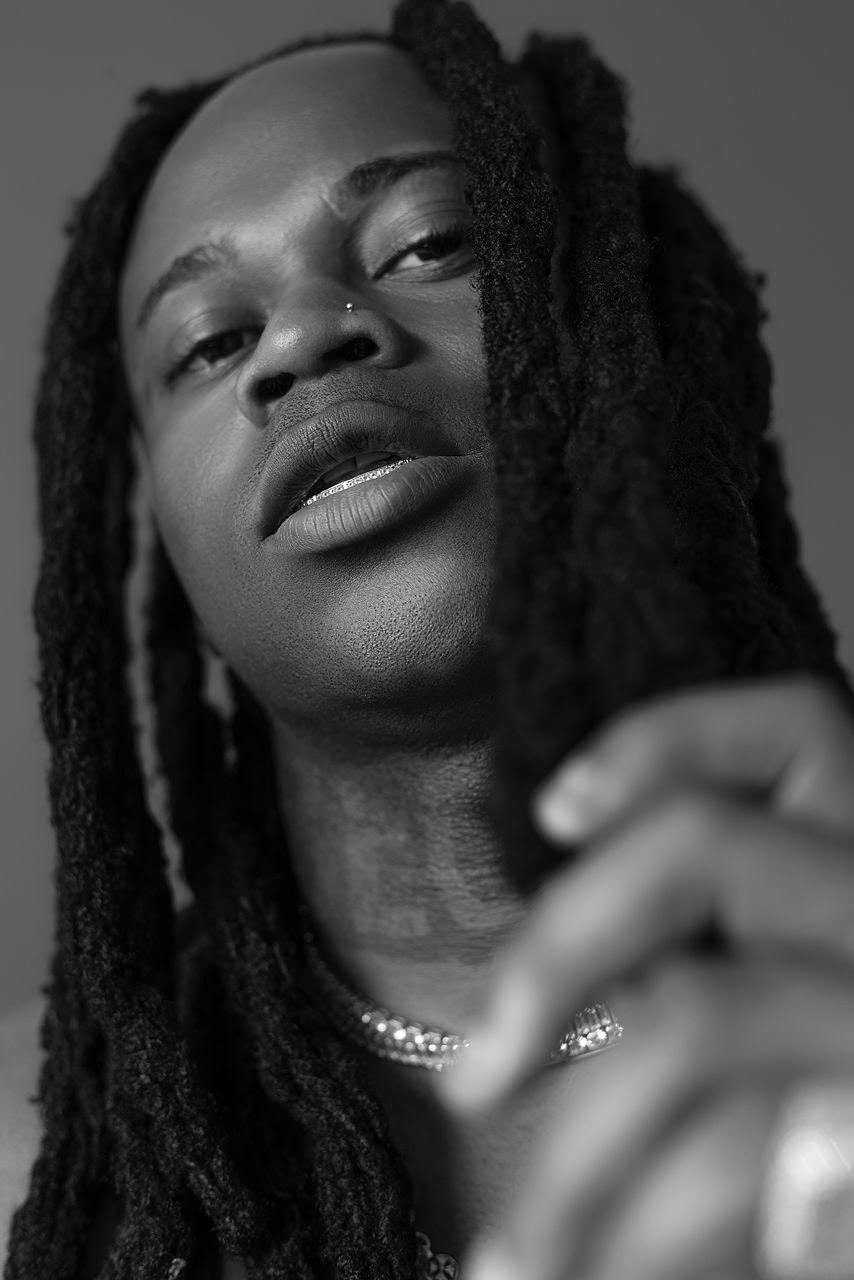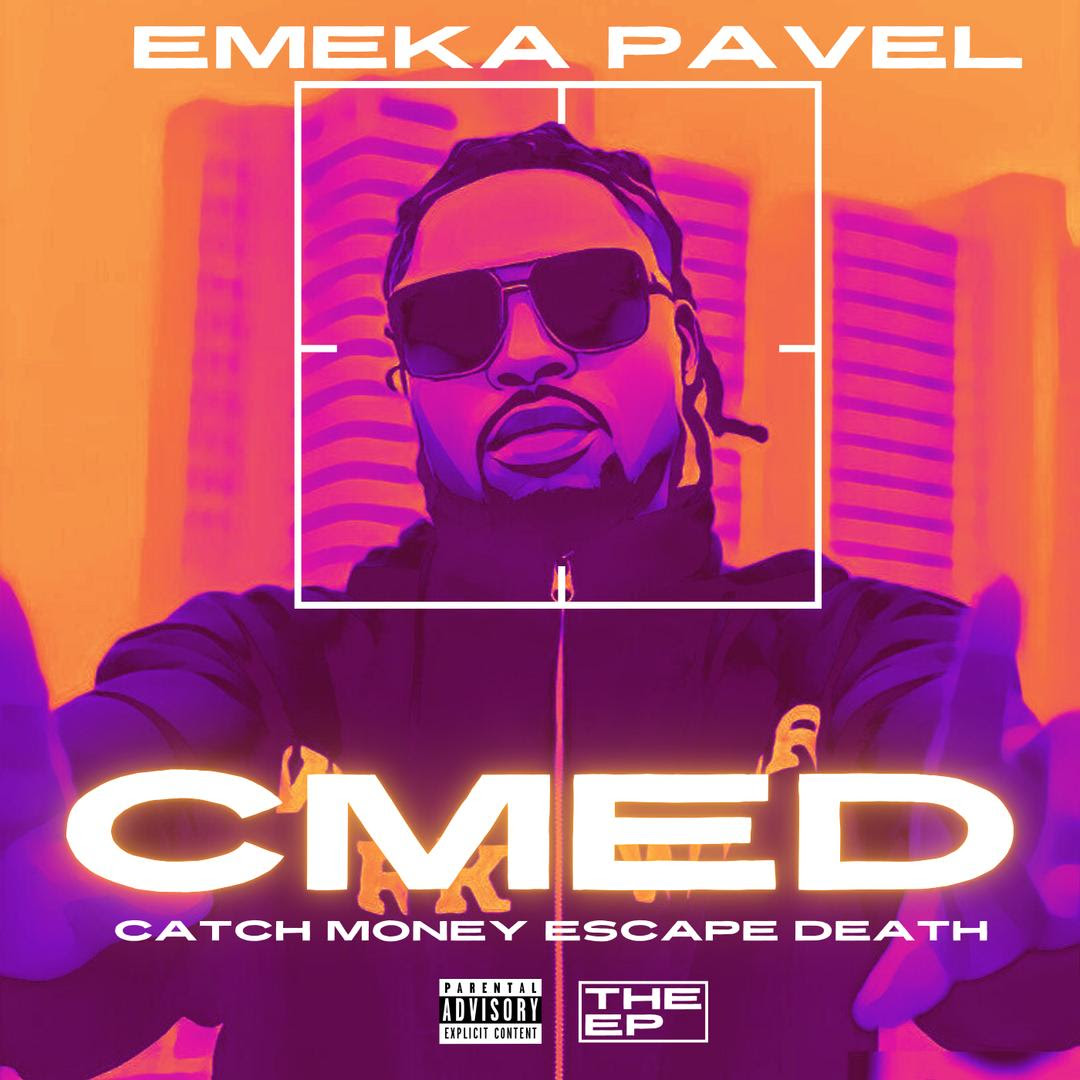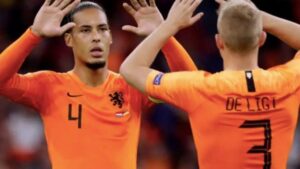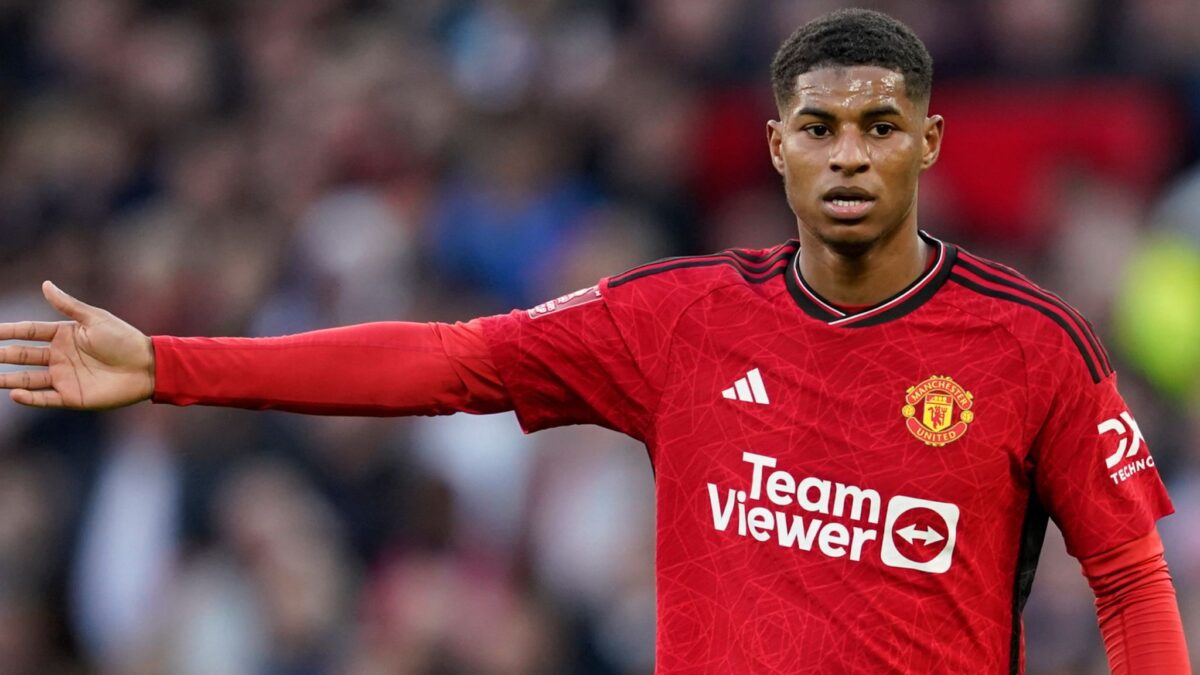David Moyes Weighs in on Ruben Amorim and Manchester United’s Lost Legacy
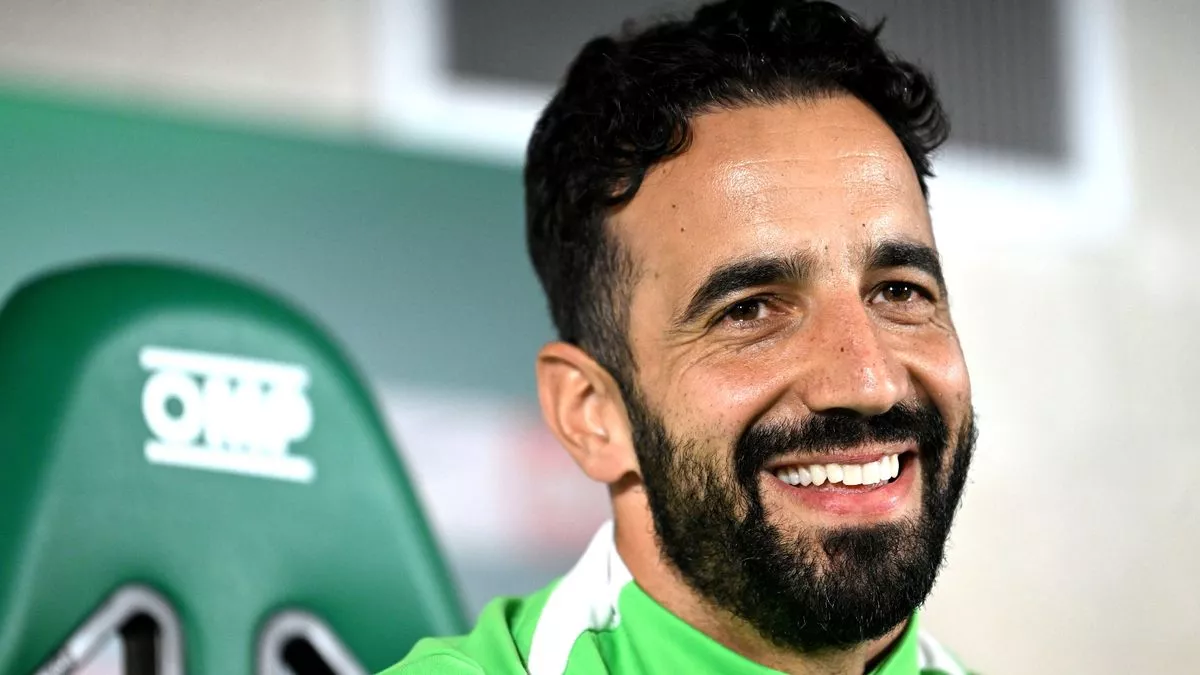
In a recent interview, West Ham manager David Moyes shared his perspective on Sporting CP’s rising star coach Ruben Amorim and voiced his concerns about Manchester United’s departure from its traditional roots. With the football world abuzz, Moyes’s remarks have sparked discussions about the importance of club identity, emerging coaching talent, and the evolving challenges faced by top clubs.
Ruben Amorim, Sporting CP’s talented young manager, has quickly gained a reputation for his tactical prowess and player development abilities. Moyes praised Amorim’s innovative coaching style and effectiveness with Sporting, a team that has transformed under his leadership. This section will delve into Amorim’s journey, his coaching philosophy, and what his success represents for modern football.
Moyes, once a manager at Manchester United himself, discussed what he sees as a deviation from the club’s traditional values. According to Moyes, the essence that made United a powerhouse has shifted, leading to a diluted identity and an inconsistency in their approach. Here, we’ll explore Moyes’s view on United’s evolution, including key aspects of “tradition” he believes the club has lost.
One key aspect that Moyes highlighted is the role of long-term planning and stability in club success. Unlike the frequent managerial changes seen at many clubs, Moyes argues that stable leadership is essential to build and maintain a team identity. We’ll examine the benefits of consistent leadership and contrast this with the recent approaches of top clubs, including Manchester United.
In the past, Manchester United was known for its robust youth development program and player loyalty, which contributed to the team’s unique identity. Moyes’s observations bring attention to the diminishing focus on cultivating homegrown talent. This section will look at United’s past successes with youth integration and discuss how a renewed focus on this area could help revive the club’s traditions.
In today’s fast-evolving football world, clubs face pressure to adopt modern tactics and strategies, but Moyes believes there’s a way to integrate new methods while preserving tradition. Using examples from both Amorim’s work at Sporting CP and other clubs that maintain their core identity, this section will analyze how Manchester United might reconcile tradition with the demands of modern football.
David Moyes’s comments remind fans and clubs alike of the importance of identity, stability, and a clear vision in football. While Manchester United’s journey is far from over, Moyes’s insights provide a perspective on how maintaining core values can play a role in a club’s resurgence. As managers like Amorim emerge and traditional clubs find their way, Moyes’s perspective underscores the balance between evolution and honoring legacy.
Do you find Tmaq Media useful? Click here to give us five stars rating!















